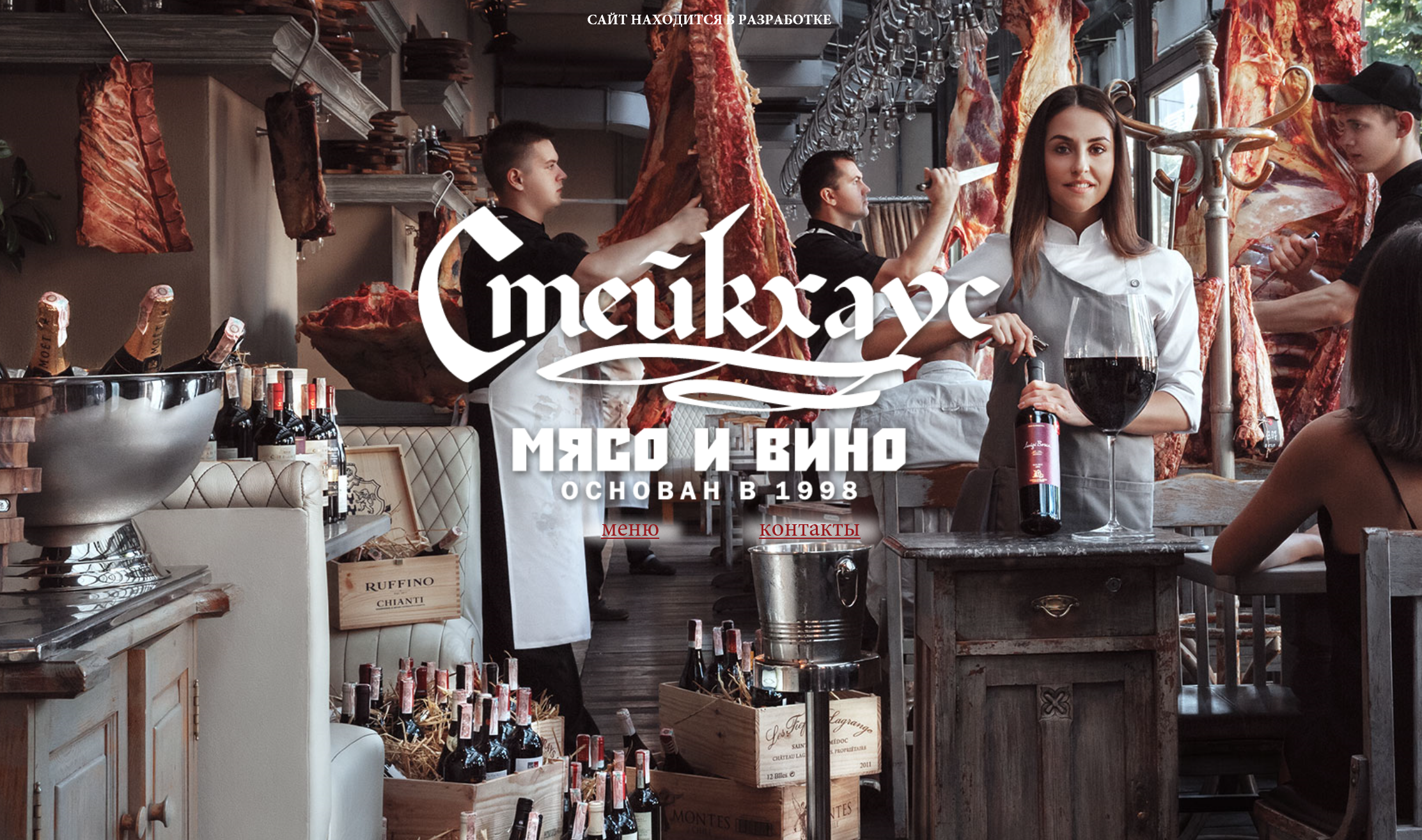DIYVR - Do it Yourself Virtual Reality…with the customer in mind
If you thought virtual reality could only be used in your company as a training tool, then think again. Several recent examples of simplified applications for the customer (end-user) have thought us different.
A swiss real estate development group has brought their product closer to each by passer at Zuerich airport, by handing out your own virtual reality kit. The toolkit, consisting of a white cardboard frame with two glasses cut out and is the simplest version of virtual reality glasses. Within minutes, the sales rep, has installed the application on your mobile phone, slit it into the cardboard, and here we go, put the glasses on and you see the entire new housing development, the shops and action through virtual reality. The end-user is suddenly experiencing the product, but, but, but, the gear is so cool that you going to take it home and show the app and the glasses to your kids, friends and family. All looking at the same new housing development. How cool is virtual reality!
A lasting experience that has repeated itself recently again at the REFLACT webinar. An ADOBE Praxis Camp, where the tools were introduced in how to generate such a virtual reality experience without the fuzz of having to hire an entire programming team. The ADOBE team has built-in a new feature in their Captive program that allows you to design product demonstrations, games and learning portfolios in the virtual world. This is not so much different than creating a PowerPoint or an E-learning in the “real” world. The user is still looking at a screen, but this time, 5 centimetres away from his nose, and split into two smaller monitors that give the entire experience some room to manoeuvre.
A simple product application was developed in less than an hour, and the glasses that were sent with the attendance pack for the webinar could be used to trial the newly learned skills. And here we go, it was fun and worked. And the cost? Well, the cardboard boxes cost of few pennies. The programming costs as much as developing a standard online learning program. But the fun factor is amazing.
For how long? Definitely not forever, but longer than with a state of the art product video.



















